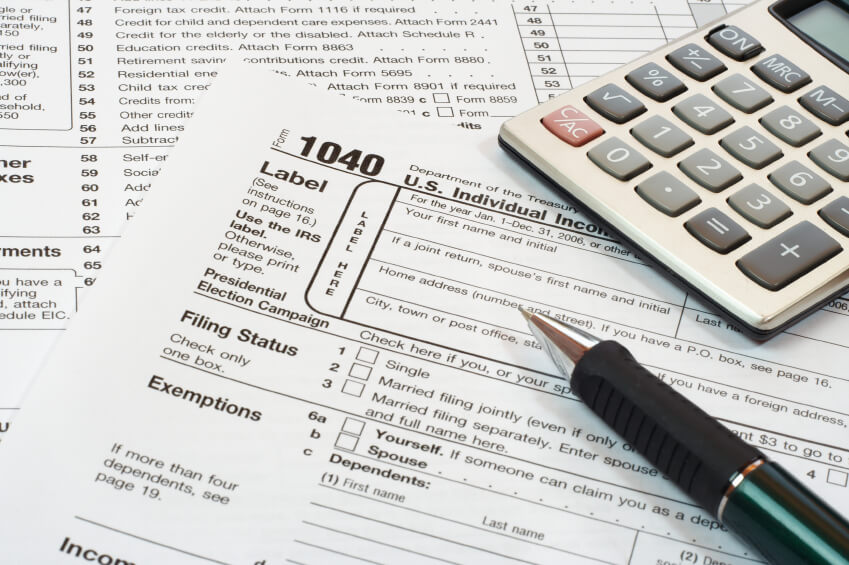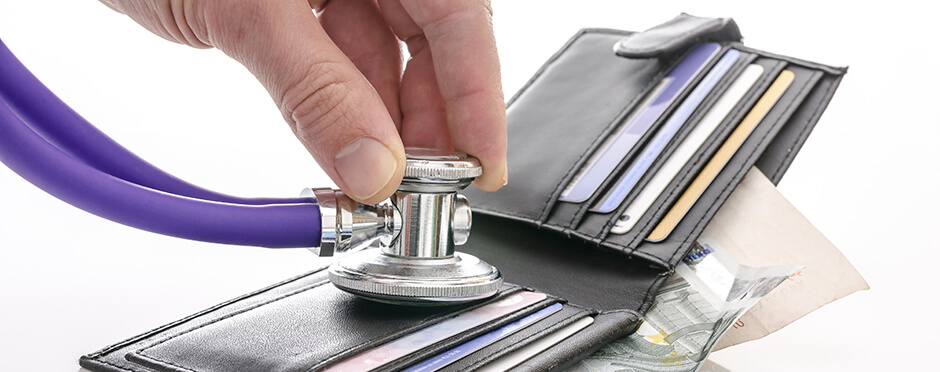
Financial well-being January 6, 2016 By
Tax season is upon us, and as W2s and 1099s arrive and are whisked away to accountants all over the country, millions of Americans look forward to receiving a tax refund from the IRS in the coming weeks. Did you know the average tax refund in 2014 was just over $3,000? That’s a nice chunk of change! Following are some suggestions on how you can give your refund more meaning while bolstering your personal financial position:
Create an Emergency Fund. An emergency fund is a savings or money market account to be used in an emergency. You typically want to have at least 3–6 months of living expenses set aside. If your household has dual incomes, 3 months is acceptable. If your household has only one income, 6 months is recommended. Why so much? We live in uncertain times. Likewise, emergencies such as needing a new roof, replacing the transmission in your car, or paying unexpected medical bills are expensive. Are you and your family protected if you lose your job? An emergency fund will help preserve your standard of living and lessen the need for you to dip into retirement savings. That way, you can focus on what matters most—you and your family.
Pay Yourself First (fund or supplement an IRA). It’s never too late to begin saving for retirement. Depositing your tax refund into an IRA can help build a comfortable nest egg so you can enjoy your well-deserved retirement years. For 2016, IRA contributions are limited to $5,500 ($6,500 if you’re age 50 or older) or your taxable compensation (if your compensation was less than this dollar amount).
Consider Giving Yourself a Raise. Typically, if you receive a refund, you’ve withheld too much tax from your paycheck. Why not give yourself a much deserved raise? You can do this by adjusting the tax withholding on your W-4, reducing the amount you loan to the government. Once you update withholding, set up an automatic transfer from your checking account to a savings account. This way, you are saving without having to think!
Contribute to a 529 Plan for Education Planning. Everyone is eligible for a 529 plan. Contributions may be deductible (depending on the state in which you reside), plus earnings in a 529 plan grow tax-free and are not taxed when funds are withdrawn to pay for qualified higher education expenses. With tuition increasing approximately 6 percent a year (faster than inflation), the more time the funds have to compound, the better. Don’t worry parents/grandparents; you have complete control of the account. The named beneficiary has no legal rights to the funds so you can be sure the money is used for its intended purpose. A great resource for 529 plans is www.savingforcollege.com. Also, talk with your financial advisor on how a 529 plan can affect financial aid.
Pay Down Higher Interest Credit Cards. Do you want to be paying for yesterday’s dinner for the next 15 years? If you only make the minimum payments on your credit cards, this can be a reality. According to www.creditcards.com, the average credit card debt per US household is $9,600. Using your tax refund to pay down credit card debt will put you one step closer to financial security.
Educate Yourself. Benjamin Franklin said, “An investment in knowledge always pays the best interest.” Use your tax refund to explore courses, training, degree programs, or certifications that can make you more employable and eventually increase your income.
Donate to Charity. If your financial situation is strong and you want to give back, consider making a charitable contribution to help others in need. Your donation has the ability to impact someone’s life in a positive way, and it is tax deductible (but only if you itemize—see your tax advisor).
Financial well-being requires us to focus on both earning and saving to make the most of what we are given. Hopefully this list of suggestions will help you make the most of your tax returns this year.
For more information about tax returns, visit the IRS website for an Interactive Tax Assistant or visit with a tax accountant/advisor in your area.




